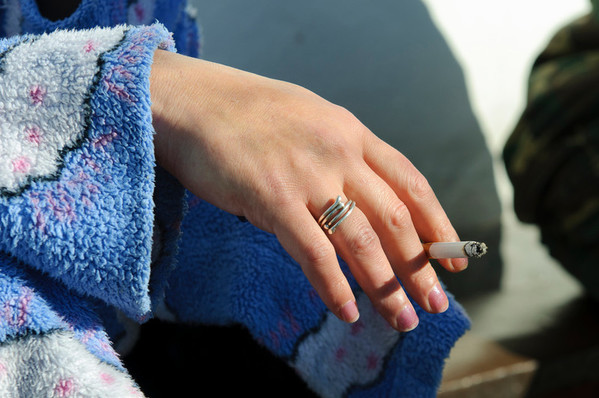
How healthy are children’s eating habits? A new WHO/Europe report analyzes and describes the eating habits of children from 23 countries in the WHO European Region.
Read the findings 👇 and 👉 bit.ly/3c5eZUB
Read the findings 👇 and 👉 bit.ly/3c5eZUB

Having breakfast daily is a healthy eating habit for children. According to the study, almost 80% of 6 to 9-year-old children in the WHO European region had breakfast every day. However, there were big differences among countries.
(2/4)
(2/4)

Every day, among children aged 6-9 in the WHO European Region:
🍏Less than 50% eat fresh fruit
🥕Less than 23% consume vegetables
🍬10% eat sweet snacks
🥤Almost 10% consume sweet soft-drinks
(3/4)
🍏Less than 50% eat fresh fruit
🥕Less than 23% consume vegetables
🍬10% eat sweet snacks
🥤Almost 10% consume sweet soft-drinks
(3/4)

Findings from the new WHO/Europe study highlight that action is urgently needed to promote healthy eating habits among children in all the European Region, especially increasing daily consumption of fresh fruits and vegetables 👉 bit.ly/2NZC1nH
(4/4)
(4/4)

• • •
Missing some Tweet in this thread? You can try to
force a refresh








